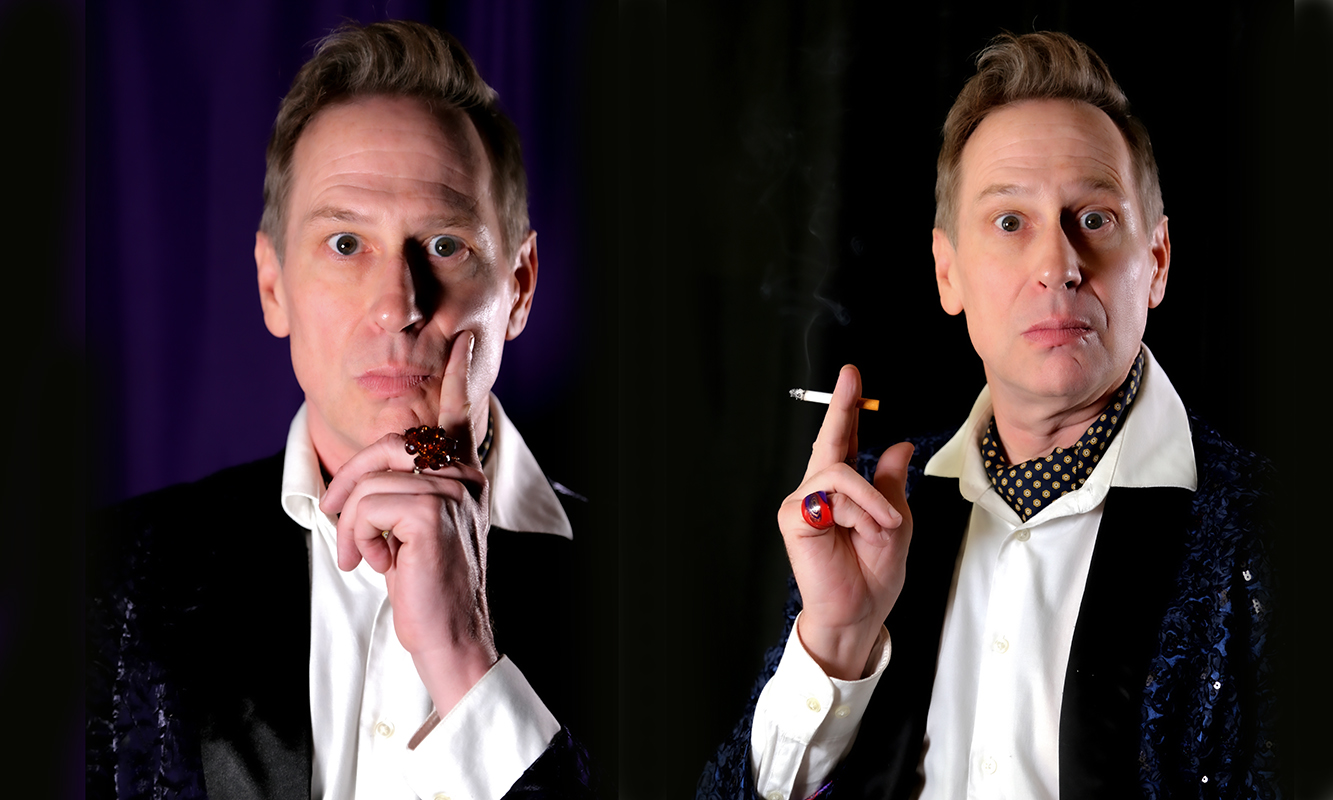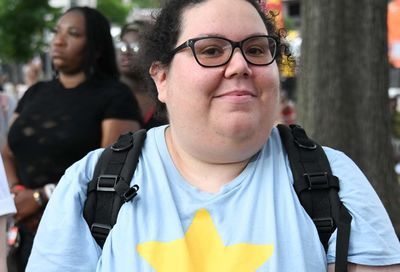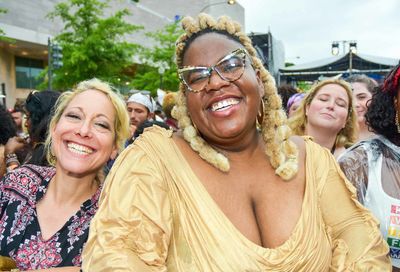Elon Musk Bans the Term “Cis” On Twitter
Twitter CEO bans "cis" and "cisgender," claiming the terms are slurs that can get users suspended from the social media platform.

Elon Musk, the owner of Twitter, is being criticized after declaring that the words “cisgender”and its abbreviated form, “cis,” are slurs that will be barred from the social media platform.
The term, which refers to individuals whose gender identity matches their assigned sex at birth, has been viewed controversially by many of those to whom it refers. They argue that their identities should not be defined relative to transgender individuals.
Musk made the declaration on June 20 in response to a tweet from James Esses, an Irish right-wing media figure, who claimed that transgender activists berated him with the word, which he both ideologically rejects and believes is a slur.
Esses’s claim to fame is that he was expelled from a therapist training course after sending a public petition to his school, requesting they change how they view gender dysphoria to “safeguard therapy and counseling” for children.
Esses now uses his social media channels to speak out against the idea of gender dysphoria and deny the concept of transgender identity, and advocates for bans on puberty and hormone blockers for children.
“Yesterday, after posting a Tweet saying that I reject the word ‘cis’ and don’t wish to be called it, I received a slew of messages from trans activists calling me ‘cissy’ and telling me that I am ‘cis’ ‘whether or not I like it,'” Esses complained in a Twitter post. “Just imagine if the roles were reversed.”
Musk responded in support of Esses several hours later, tweeting that “repeated, targeted harassment against any account will cause the harassing accounts to receive, at minimum, temporary suspensions.” He then went further, designating the term as a slur on the site.
“The words ‘cis’ or ‘cisgender’ are considered slurs on this platform,” he wrote, causing backlash from transgender activists and their allies.
Musk’s declaration was criticized by many, who argued that the Twitter CEO was blinded by his own dislike of transgender people and knee-jerk opposition to “wokeness,” as opposed to objecting to the word on its merits.
Even some conservatives, like Saagar Enjeti, noted that Musk, who routinely hails himself as a champion of “free speech,” was taking actions to suppress individual speech that were nearly identical to actions taken by his predecessors, whom he has claimed went too far in censoring or suspending Twitter users for misgendering trans individuals.
“I’m 102.3% sure Elon has no idea what ‘cis’ or ‘cisgender’ mean, either connotatively or denotatively or etymologically,” New York Times best-selling author Seth Abramson wrote. “Threatening to suspend users on your ‘free speech’ platform because they uttered a word you don’t understand but fear emasculates you is quite the fascist flex.”
Former Republican congressman and conservative commentator Joe Walsh agreed with Abramson.
“He says he believes in free speech, but he doesn’t really believe in free speech,” Walsh said of Musk. “He’s pushing an agenda, a right-wing agenda, but he doesn’t have the balls to admit that. Elon is too afraid to be honest with his intentions.”
The term “cis” has been around since Latin was used, and means “on this side.” This is contrasted with “trans” which means “on the other side of” or “beyond,” according to Jonathan Jarry, a science communicator at McGill University.
Based on that definition, a person who is cisgender has always been “on this side” of their gender assigned at birth, while a transgender person is “on the other side” of their gender assigned at birth.
The controversy over terms relating to gender identity ironically comes after Musk said that misgendering (presumably transgender) users on Twitter “is definitely allowed” on the first day of Pride Month.
The LGBTQ media watchdog GLAAD recently released reports of five major social media sites, including Twitter, claiming that none are not doing enough to protect their LGBTQ users from online harassment or threats.
Online threats of violence can and have resulted in real-world violence against LGBTQ people, the study finds. Twitter received the lowest score, 33 out of 100, after various shifts in policy under Musk’s leadership, including removing trans-supporting protections from their “Hateful Conduct” policy.
Support Metro Weekly’s Journalism
These are challenging times for news organizations. And yet it’s crucial we stay active and provide vital resources and information to both our local readers and the world. So won’t you please take a moment and consider supporting Metro Weekly with a membership? For as little as $5 a month, you can help ensure Metro Weekly magazine and MetroWeekly.com remain free, viable resources as we provide the best, most diverse, culturally-resonant LGBTQ coverage in both the D.C. region and around the world. Memberships come with exclusive perks and discounts, your own personal digital delivery of each week’s magazine (and an archive), access to our Member's Lounge when it launches this fall, and exclusive members-only items like Metro Weekly Membership Mugs and Tote Bags! Check out all our membership levels here and please join us today!






























You must be logged in to post a comment.